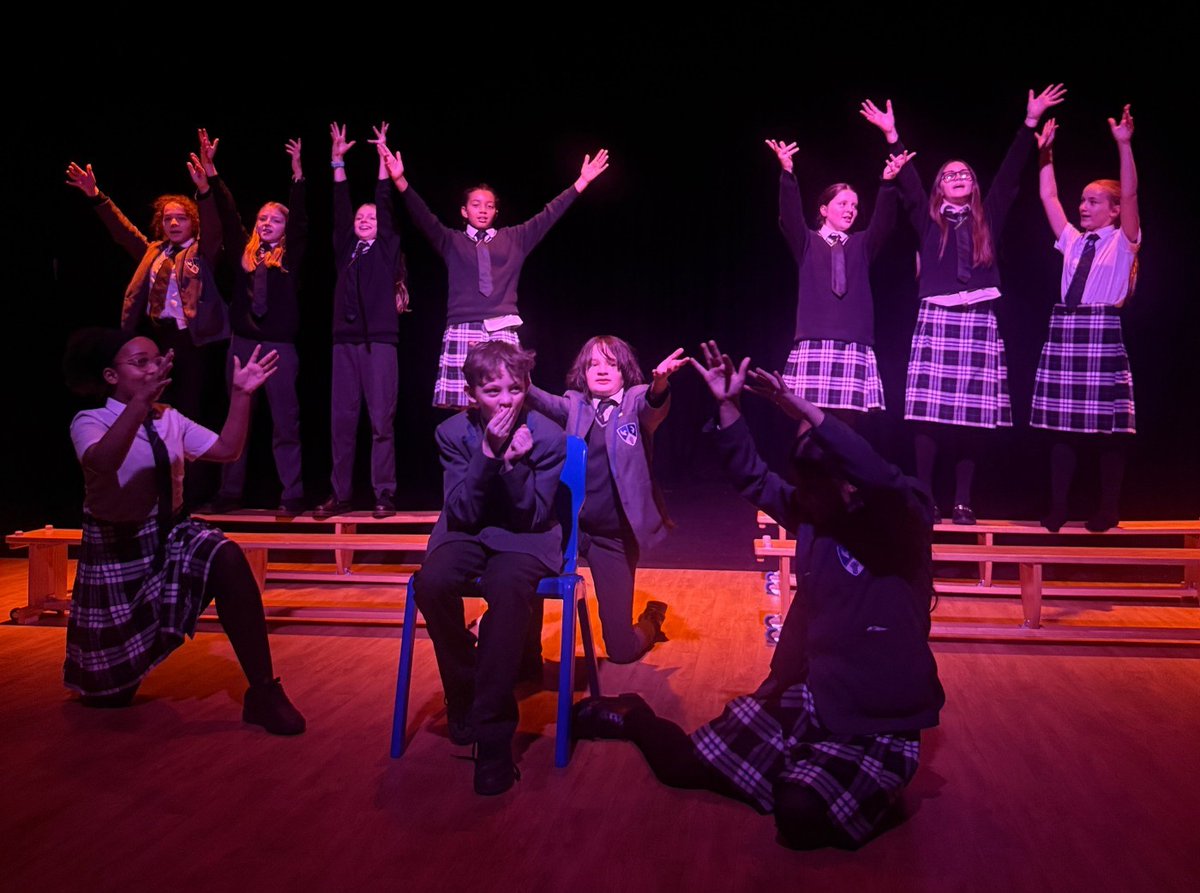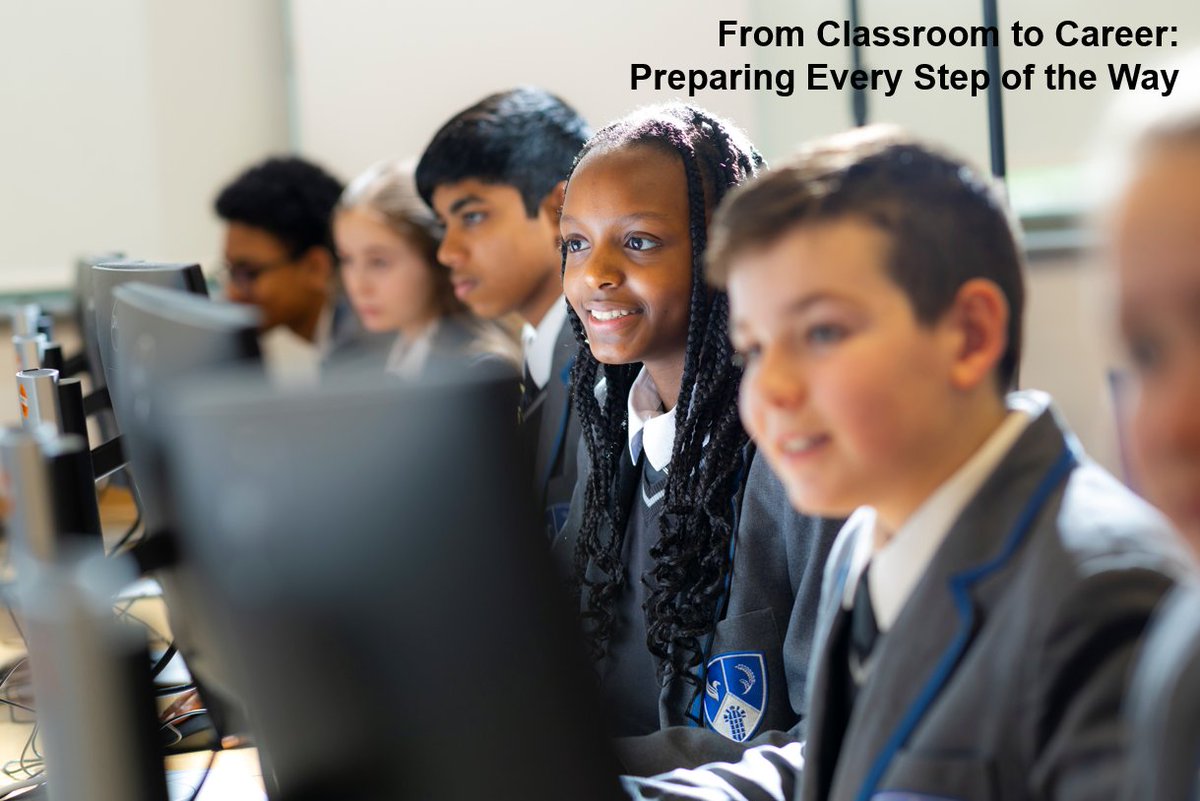 21st January 2026
21st January 2026Literacy
At Barton Manor School, literacy is embedded across all aspects of the curriculum and in every subject. The triangulated approach to improving literacy aims to ensure that students can read, write and communicate effectively, and accurately in a range of forms and about a wide variety of topics. Our intention is that every student will leave with the skills and knowledge that they need to enable them to continue their academic or vocational education as effective thinkers and communicators.
Literacy: A Triangulated Approach
1. Quality First Teaching: Disciplinary literacy
2. Encouraging reading, writing and speaking for pleasure
3. Student specific intervention
WOW words of the week!
Each week, students will be introduced to a new word via their tutor groups.
These are words that have been chosen to support them with expanding their vocabulary and they will be rewarded in school for using them correctly.
Please discuss this word with them each week and reward their usage at home!
The WOW! Word for this week is:

Strategy 1: Disciplinary Literacy and the Use of Academic Texts
Disciplinary literacy recognises that literacy skills are both general and subject specific; it asks students to think critically and consider the academic context of their communication, supporting them to read, write and speak like the experts: scientists, historians, mathematicians etc.
Teachers are accountable for supporting the literacy of students by:
• Explicitly teaching of reading skills such as chunking and skimming/scanning, modelling annotation, using guided questions to aid comprehension, and supporting students to evaluate and summarise information effectively
• Using high-quality academic texts to aid reading proficiency, as models for academic writing and to help students understand the conventions, style and tone of a range of texts
• Supporting students’ understanding of academic texts by explicitly teaching and modelling subject specific reading, writing and oracy skills (e.g. Use of the passive third-person to write about experiments in science, use of balanced debate and summary of key ideas in history)
• Using reciprocal reading approaches to support students’ independent reading skills (examples and models below)
• Explicitly teaching T2 and T3 vocabulary and spelling, which should be embedded through the use of knowledge organisers, re-call tasks and homework, as well as weekly WOW which should be encouraged and promoted in lessons and explored in tutor
• Using the literacy marking and feedback policy across all subject areas to ensure a consistent approach to feedback, correction and improvement
• Using reading age data to inform planning and to ensure reading material is effectively differentiated or adapted so that it is suitable for the students’ reading ages
• Supporting extended writing and addressing common misconceptions using subject-specific literacy mats, when appropriate
Strategy 2: Reading and Writing for Pleasure
-
In English lessons, teachers use ‘Read Aloud’ strategies (rulers, modelling and tracking) modelling fluent reading with appropriate tone, pace, and expression. This helps to support with building vocabulary, improves listening comprehension, and exposes students to rich, complex texts beyond their independent reading level.
-
Echo Reading, when the teacher reads a sentence or passage aloud, and students repeat it back, mimicking pronunciation and intonation is used when appropriate. This aims to develop fluency, improve accuracy, and build confidence, especially for struggling readers or those learning a new language.
-
World Book Day and other annual/school specific events will be used to raise the profile of reading. Teachers are responsible for the promotion of these events and to support where appropriate.
-
Weekly tutor reading is based around the read aloud principles; tutees and tutors have chosen books together and are being active participants in the reading process. Tutors may use the Echo reading strategies or ‘I say, you say’ to support students with their vocabulary acquisition.
-
Teachers should actively model reading for pleasure and to speak positively about what they’re reading to students; students will see this via visual ‘What I am reading now/before’ signage.
-
Students will complete reading logs in their homework booklets to help them celebrate what they are reading and to allow teachers to support independent reading. These will be overseen by English teachers and Form Tutors
-
School writing challenges and competitions will be used to encourage writing for pleasure; teachers are responsible for promoting and talking positively about these to students.
-
Whole-school debating topics/challenges in form time and extracurricular events will be used to encourage speaking for pleasure; teachers are responsible for promoting and talking positively about these to students, as well as participating where appropriate.
-
Extra-curricular book clubs will be promoted as ways to discuss YA fiction and the pleasure of reading.
Strategy 3: Student Specific Intervention
- All students will sit the Bedrock reading test and the calculated reading age will be added to Bromcom to ensure all teachers and TAs have access to relevant data.
- Students with the lowest reading ages will have KS2 reading and, where appropriate, intervention through their English lessons and form time. This is delivered by Tas, with age-appropriate reading resources in small groups.
- All teachers will explicitly pre-teach T2 and T3 vocabulary, checking these students’ understanding first and providing additional support where needed; traditional Frayer models and adapted are provided for staff to utilise appropriately, as well as thinking tools and maps.
- Some students identified may be offered 1:1 reading intervention with teachers and TAs to help build confidence and identify/tackle barriers to reading.
- Some students identified may benefit from a specially adapted Year 7 English curriculum to embed KS2 knowledge and skills.
- For the very few students whose reading age is a barrier to their success and accessing the curriculum, they will be enrolled on the Fresh Start, RWI programme with L.Rain and J.Laker. These students will receive 25 minutes a day of intensive catch-up phonics, decoding and vocabulary acquisition. (starting Term 5)
- These students will be identified through a RWI test and any below the targeted age (9yrs) will follow a 16 week programme. This will take place in 1:1s and small groups.
Key Tips for Supporting your Child at Home
A great selection of realistic tips to support parents with encouraging reading : How to support your child's reading at home - BBC Bitesize
Tips for reading with your child | BookTrust
10 top tips for parents to support children to read - GOV.UK (www.gov.uk)






























